
The Two "Ichi"
Yoshiaki Koshikawa
In the evening, walking along the downtown Havana, I saw a lot of boys are playing baseball on a street full of holes.
I checked the UN population estimate (January 2010), but the percentage of young people (under 15 years old) to Cuba's total population (11.2 million) is 17%.
Since Japan is 13%, it seems that there are not many Cuban kids in particular.
Downtown Havana is a densely populated area with many kids, but there are also many adults and elderly people.
I was surprised at the sight that the young kids half naked playing the baseball, are using the cap of plastic bottle and the stick.
When I think about it, in Japan as well, after the war, I was doing so-called "triangular baseball" without a second base in narrow lanes and shrine precincts.
I asked the boys to borrow me the stick and let me stand in the box. Before the pitcher threw it, I tried to pose a bit.
I turned the stick straight towards the pitcher and touched the right arm with the palm of the left hand.
A boy shouted to me, "Ichiro!"
I nodded at the the boy, as if to say “Leave it to me, I will bang it off to the Havana Bay.”
The World Baseball Classic (WBC) is to be held once every four years, and the Cuban state-owned television will broadcast not only the game of home country, but also many other games of the foreign countries including Japan.
So, the Cubans know not only Ichiro Suzuki but Matsuzaka, Darvish, Iwakuma and many other Japanese professionals.
At one time, a Cuban friend pointed out to me that one of my relatives had appeared in the WBC.
At first, I thought "Who is it?" But I immediately realized that it was SOFTBANK Hawks’ "Uchikawa."
Writing our names in kanji is quite different, but the sounds of Uchikawa and my name (Koshikawa) resemble each other.
For the Cubans pronounce “shi” of Koshikawa as "chi" and call me "Kochikawa."
The Cubans are familiar not only with baseball players, but also with other Japanese people.
Regardless of the field, who is the most well-known Japanese in Cuba?
It is Shintaro Katsu as he performed “Zatoh Ichi (Ichi the Blind Maseur)” in the film.
Professor Mario Piedra of the University of Havana
explained that in 13 years since 1967, 13 "Zatoh Ichi"
series were screened in a big hit.
People over the age of 60 were always watching as they were young.
The man in charge of the promotion also recites that "the last row of the crowd made in front of the movie theater could not be seen."
Well, the imposter Ichiro struck out awkwardly. The cap of the plastic bottle made an irregular move and he was not able to hit it at all.
An old man sat on the entrance of the house along the street, seeing the whole scene. When I tried to take a stick back to the boys, the old man called to me "Ichi !"
I got a good excuse. I immediately closed my eyes on the spot. With support of a stick like a blind man, I slowly staggered a couple of steps.
* This is a translation of a part of my book.











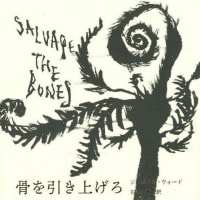
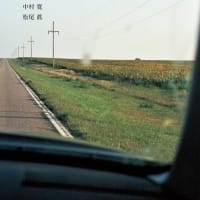
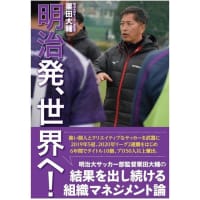
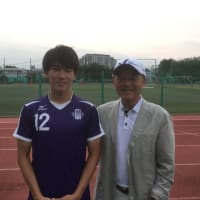
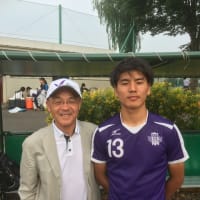
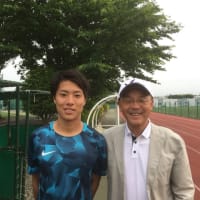
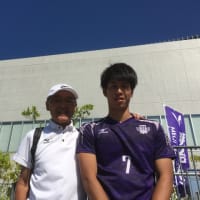
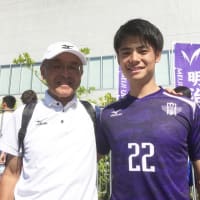
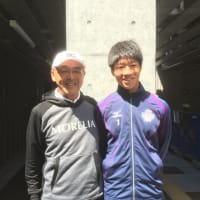





※コメント投稿者のブログIDはブログ作成者のみに通知されます